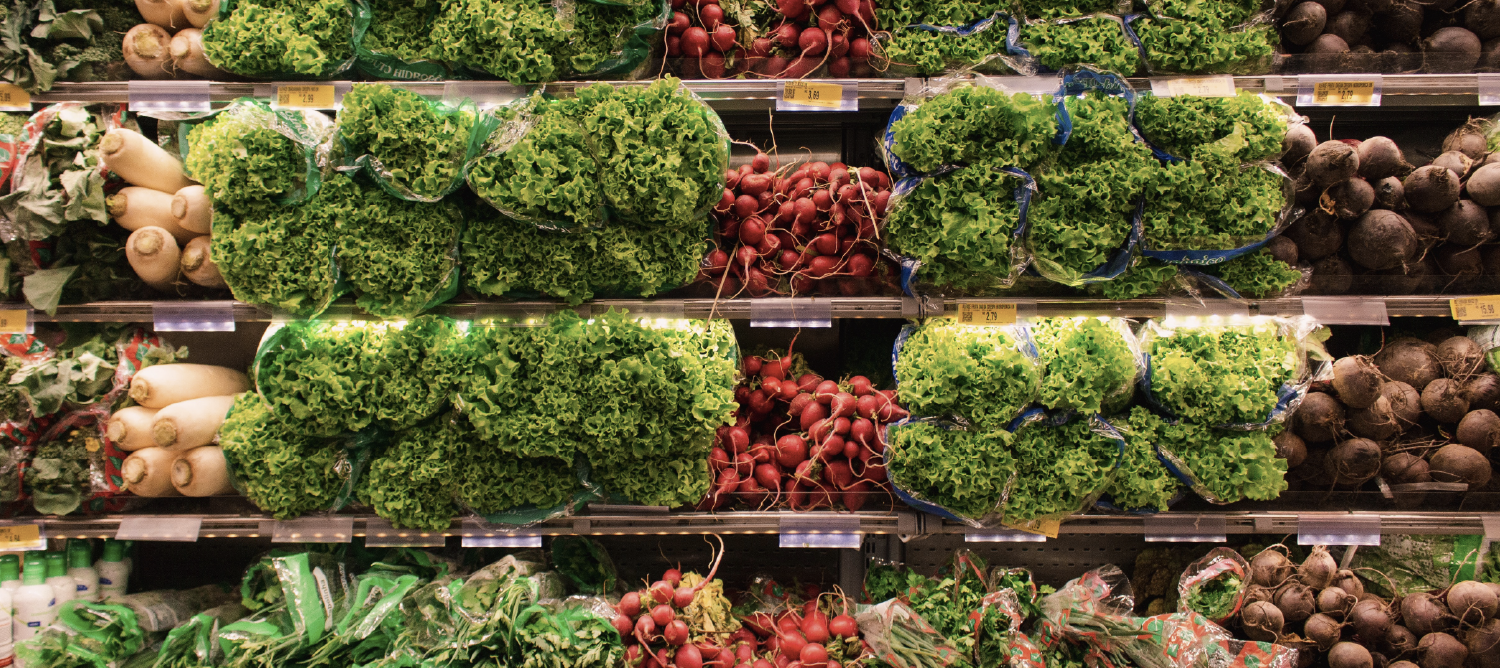Comparing public perceptions of the UK’s leading supermarket chains

Supermarkets are a vital part of society, and people always have a lot to say about them. In the early stages of the pandemic, Relative Insight conducted a social media competitor analysis using Relative Insight to understand how lockdown, stockpiling and social distancing were impacting public perception of the leading supermarket chains. Revisiting the analysis a month later, we examined how this sentiment has (or hasn’t) been reflected in stock prices.
For this competitor analysis, we turned to social media (Twitter) to understand more about the public’s perception of the the five marketing leading supermarkets in the UK.
Relative Insight‘s text analysis technology, highlighted the unique differences in how people spoke about Tesco, Sainsbury’s, Asda, Aldi and Morrisons — and there have been some clear winners and losers.
‘I’m not angry, I’m just disappointed’
Sainsbury’s customers pleaded for help as click and collect slots for the vulnerable and NHS were all fully booked for the upcoming weeks. Furthermore, customers consistently mentioned Sainsbury’s inability to process NHS documents compared to other supermarkets, and were 3.5X more likely to plead for help from Sainsbury’s compared to other supermarkets.
Although people were not overtly angry at this supermarket, many had expressed disappointment. It seems that customers do not expect perfection, but they do expect Sainsbury’s to fix the errors they’ve made.

Aldi’s safety concerns
In comparison to other supermarkets, customers were more concerned by the hygiene standards and safety practice at Aldi as cleaning standards and protective equipment were 2.4X and 2.1X more likely to be mentioned in tweets about this supermarket compared to others.
What’s also interesting is that people talking about Aldi were 15X more likely to tag #socialdistancing in their tweets compared to the other supermarkets, and the term “massive queue” was only mentioned in tweets about Aldi compared to the other four.

Asda’s bouncers
Tweets about Asda were 1.8X more likely to express sadness compared to those about competitors, and the words “sob” and “unacceptable” were only used in tweets about this supermarket compared to the others.
The main issue people identified with Asda, and why they were so upset with the brand was all down to the perceived actions and behaviour of the store’s security workers.

Tesco’s dividend backlash
Tesco’s decision to pay out large dividends while asking the government for relief caused a huge PR backlash and tweets about Tesco were 2.2X more likely to talk about money and pay, and 6.6X more likely to mention politics than about any other supermarket chain.
Luckily for Tesco, their decision to set up pop-up stores at NHS Nightingale has been received positively by the public.

An Egg-cellent week for Morrisons!
Over the Easter bank holiday, Morrisons gave out Easter eggs to a wealth of people – from children drawing rainbows for the NHS, to those in care homes and NHS workers – this simple gesture led to an outpour of gratitude from the public
Tweets about Morrisons expressed happiness 2X more than for the other supermarket chains, and “huge thank you”, “big thank you” and “massive thank you” were all phrases used 6-8X more likely in tweets about Morrisons compared to their competitors.

This analysis makes it clear that in this strange new world, supermarket brands must demonstrate care for their customers, rather than just providing cost-effective products and efficient service. As these insights show, and as online delivery capabilities increase, customers will begin to purchase from supermarkets they trust, rely on and value, not just deciding to shop in the store closest to them.
What about the stock prices?
It’s clear that customers have opinions about how the supermarkets are conducting themselves during the crisis, but what about investors? After looking at brand perception over the Easter bank holiday weekend, I kept my eyes on the stock prices of Tesco, Morrisons and Sainsburys.
Consistent with winning over the public, Morrisons saw a 1.7% increase in valuation over the course of April. Conversely, the disappointment our insights showed in Sainsburys was shared by investors as their stock price decreased 7.4% over the same period.
Tesco’s stock took a slightly more volatile ride throughout the month. Despite the controversy over them paying a dividend while simultaneously seeking government support, money ultimately reigned supreme with investors as Tesco stock finished the month up 1.5% after having taken a dive earlier in the month.
